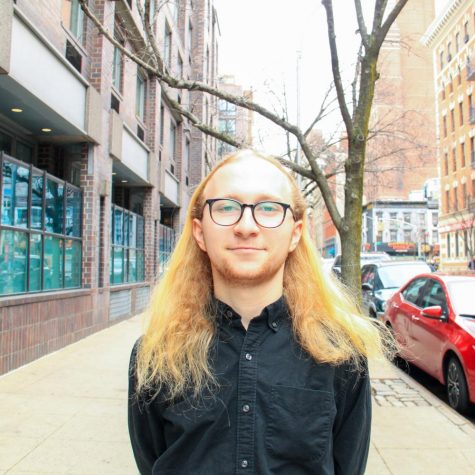This Monday, more than 5,000 educators went on strike in Denver. This was yet another in a series of recent large-scale strikes by teachers’ unions across the country. These actions contrast with the modern history of organized labor, which has steadily declined since the 1970s. Nevertheless, these strikes signify a resurgence of organized labor’s power in U.S. politics and its ability to significantly improve the lives of American workers. As pressure begins to build in the early stages of the 2020 election, any serious political campaign or candidate must aggressively support policies that are pro-worker and recognize the political importance of organized labor — or risk facing the consequences.
Educators walked out of class due to a lack of transparency and a disagreement over an unfavorable payment system. Teachers claim that the state’s system employs complicated and unreliable bonuses, instead of instituting a fairer and more competitive base salary system. Their decision to strike has garnered significant support from the Denver community, and this is not the only time in recent memory when organized labor has been a major political player in the state of Colorado. Earlier last year, teachers statewide went on strike over the mismanagement of pension funds, low pay and insufficient funds — the Colorado Education Association claims the state has underfunded education by nearly 6.6 billion dollars.
This pattern is also developing in Arizona, Kentucky, North Carolina, Oklahoma and West Virginia — states which have all experienced statewide strikes that yielded favorable results for teachers. Even in higher education, adjunct professors at Virginia Commonwealth University’s School of the Arts went on strike in protest of low wages. The result of the demonstrations was a 25 percent wage increase. These events show organized labor’s ability to confront a problem that affects the community, organize in a way both radical and practical and create progressive policy. In the age of Trump, this ability commands particular respect, especially given that most of the strikes occurred in Trump country.
The power of organized labor is not limited to the education sector. As WSN highlighted recently, organized labor in the airline industry played an important role in resolving the longest government shutdown in U.S. history. In the aftermath, these same organizers continue to play a role in the debate and maintain pressure to prevent another shutdown.
For the first time in decades, unions are seeing real signs of growth, especially among millennial workers. The need for unions is particularly urgent today in the wake of globalization and the dangerous trend towards a gig economy. Unions are the basis of a political force that is capable of meaningful reform. Fundamentally, organized labor is the highest form of solidarity in the workplace. As tensions heighten, workers’ conditions worsen and politics becomes more chaotic, we need solidarity now more than ever.
Opinions expressed on the editorial pages are not necessarily those of WSN, and our publication of opinions is not an endorsement of them.
Email Cole Stallone at [email protected].
























































































































































